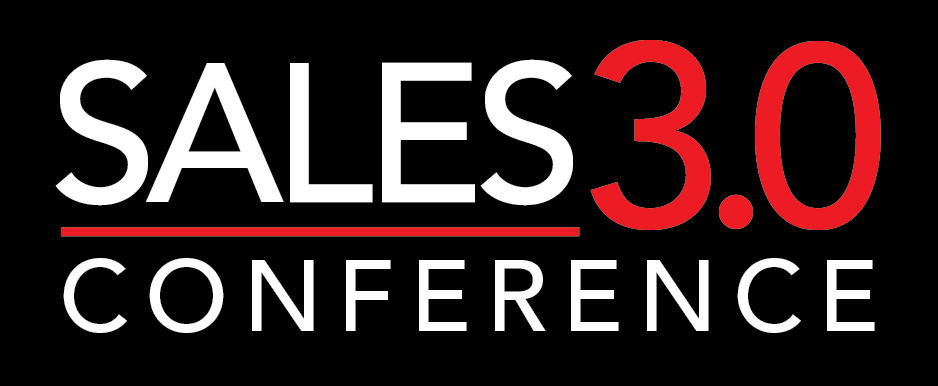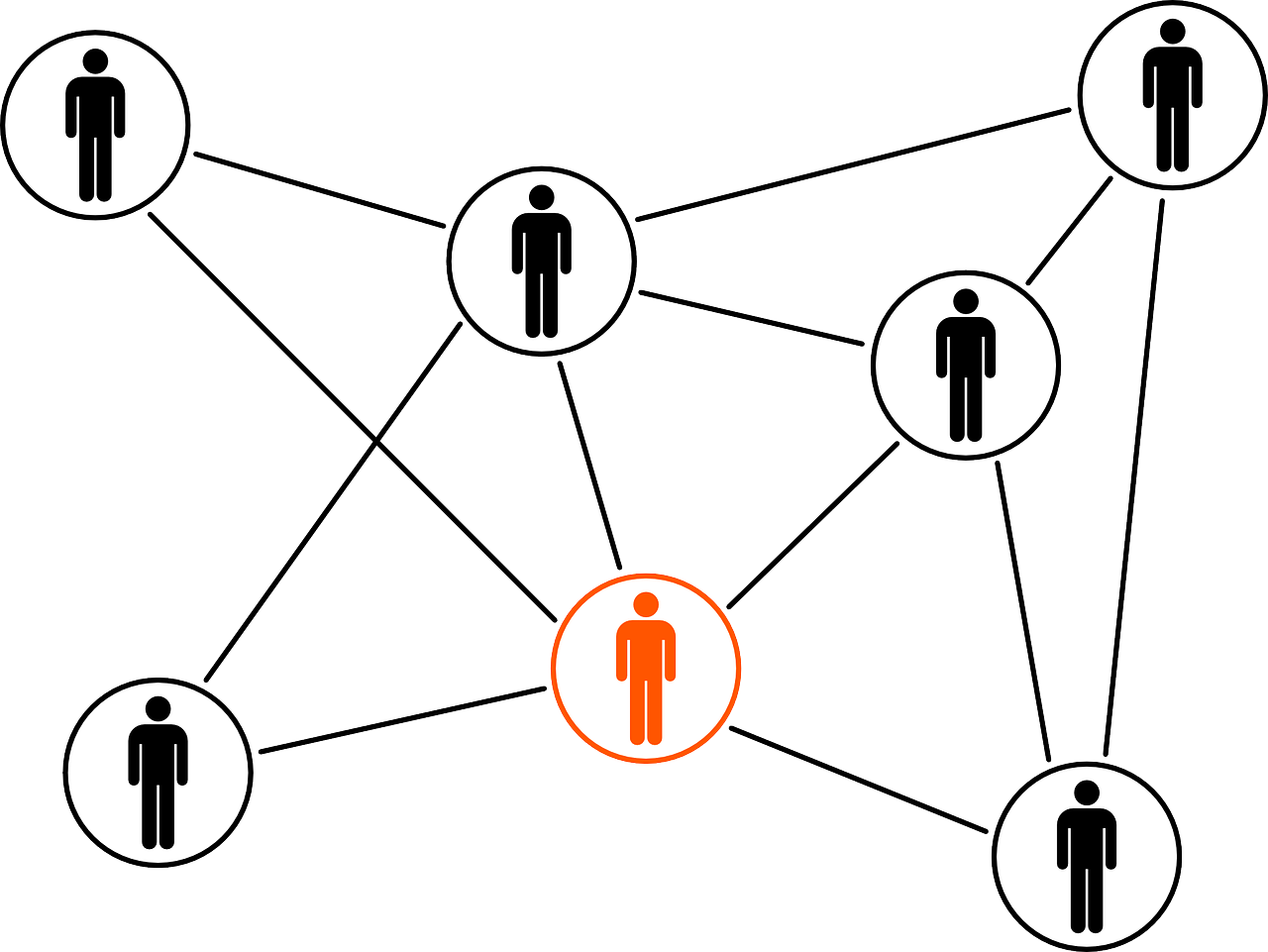In today’s fast-paced sales environment, the ability to communicate effectively and handle objections with confidence can make or break a deal. However, traditional sales coaching methods often struggle to keep up with the demands of modern sales teams. Enter AI role-playing – a game-changing innovation that is transforming sales enablement by providing scalable, real-time coaching tailored to individual sales professionals.
The Growing Role of AI in Sales Training
AI adoption in sales enablement is skyrocketing. According to Gartner, by 2028, 60% of B2B seller work will be executed through conversational user interfaces powered by generative AI, up from less than 5% in 2023. This shift underscores the urgent need for AI-driven solutions to enhance training, coaching, and overall sales performance.
AI role-playing leverages artificial intelligence to simulate real-world sales conversations, allowing sales reps to practice their pitches, refine objection handling, and receive instant feedback. Unlike traditional role-playing, which requires a manager or peer, AI-driven coaching is available anytime, ensuring consistency and scalability.
Why AI Role-Playing Is a Game-Changer
Traditional sales coaching has several limitations:
- Time Constraints: Managers struggle to provide consistent coaching due to busy schedules.
- Inconsistent Feedback: Coaching quality varies from manager to manager.
- Scalability Issues: Growing organizations find it difficult to provide one-on-one training for every rep.
AI role-playing addresses these challenges by offering:
- Real-time, personalized coaching based on AI-driven feedback
- Scalable training environments that allow reps to practice anytime, anywhere
- Data-driven insights to track performance trends and identify skill gaps
Spencer Wixom, CEO, highlights the impact: “Sales leaders struggle to bridge the gap between training and real-world application. AI role-playing takes sales coaching to the next level by providing instant feedback, allowing learners to practice and track their progress over time.”
AI-driven role-playing provides adaptive training scenarios that dynamically adjust based on a rep’s responses. This allows sales professionals to:
- Practice objection handling in a risk-free environment.
- Receive instant feedback on messaging, tone, and delivery.
- Adapt their approach based on AI-driven performance insights.
Speeding Up Ramp Time and Driving Sales Effectiveness
One of the most tangible benefits of AI role-playing is its ability to accelerate sales ramp time. By allowing new hires to engage in interactive AI-driven scenarios, companies can significantly reduce the time it takes for reps to become conversation-ready.
Key benefits include:
- 50% faster ramp time
- 25% increase in quota attainment
- 40% boost in sales confidence
- 30% reduction in coaching time for managers
Craig Jones, CRO, shares his experience: “SalesHood’s AI role-playing changed the script on seller prospecting. The AI creates real, life-like conversations, allowing reps to think on their feet, angle new positioning strategies, and create learning actions. We’ve seen a 7-10% increase in win rates over the last quarter.”
Real-World Use Cases: How Sales Teams Are Winning with AI Role-Playing
Leading sales teams are leveraging AI-driven coaching to:
- Onboard new reps faster with interactive role-play scenarios.
- Handle objections more effectively through AI-simulated conversations.
- Perfect product pitches with real-time AI feedback.
- Train for negotiation skills in adaptive, AI-driven scenarios.
- Tailor messaging for different customer personas by engaging with AI-generated buyers.
Getting Started with AI Role-Playing
For organizations looking to integrate AI-driven coaching, the key steps include:
- Identify critical sales scenarios to train against.
- Integrate AI coaching with existing sales enablement programs.
- Encourage a culture of continuous learning and improvement.
- Measure success through performance benchmarks and feedback loops.
John Guerriere, director of Revenue Enablement, advises: “For anyone who hasn’t started integrating AI into enablement programs, my advice is simple: Try it. Experiment, learn, and refine the approach to create an impactful experience for your team.”
Change Management: Driving Adoption of AI Role-Playing
Implementing AI role-playing in sales organizations requires more than just new technology – it demands a shift in mindset and process. One of the biggest hurdles is overcoming resistance to AI, as some sales reps may fear it will replace human coaching rather than enhance it. To drive adoption, sales leaders must position AI role-playing as a tool that empowers reps with real-time feedback, personalized coaching, and a risk-free environment to sharpen their skills. Building a culture of continuous learning, where AI-driven coaching is seen as a resource for growth rather than performance evaluation, is crucial to long-term success.
Successful adoption starts with a well-structured onboarding and training process. Launching AI role-playing with a pilot program allows early adopters to showcase its benefits, creating momentum across the team. Gamification, real-world success stories, and measurable impact – such as improved win rates and faster ramp time – help reinforce its value. Additionally, securing executive buy-in by aligning AI coaching with business objectives ensures long-term commitment. Sales teams should also establish feedback loops, using rep insights and performance data to refine AI scenarios over time. By taking an iterative approach, organizations can create an AI-powered coaching culture that accelerates sales effectiveness while maintaining human connection and expertise.
Summary
As AI evolves, it will continue to enhance sales coaching, improve readiness, and drive performance. Companies that integrate AI role-playing now will gain a lasting competitive advantage, ensuring their teams are always prepared for high-stakes conversations. Want to see AI role-playing in action? Request a demo from SalesHood today!

Elay Cohen is CEO of SalesHood.




